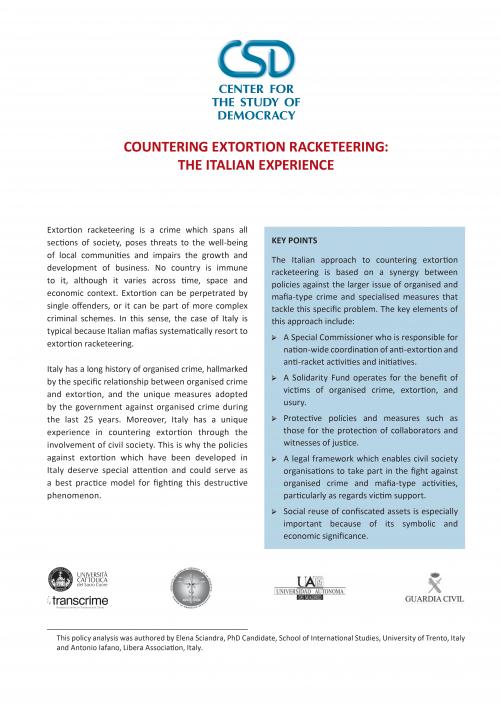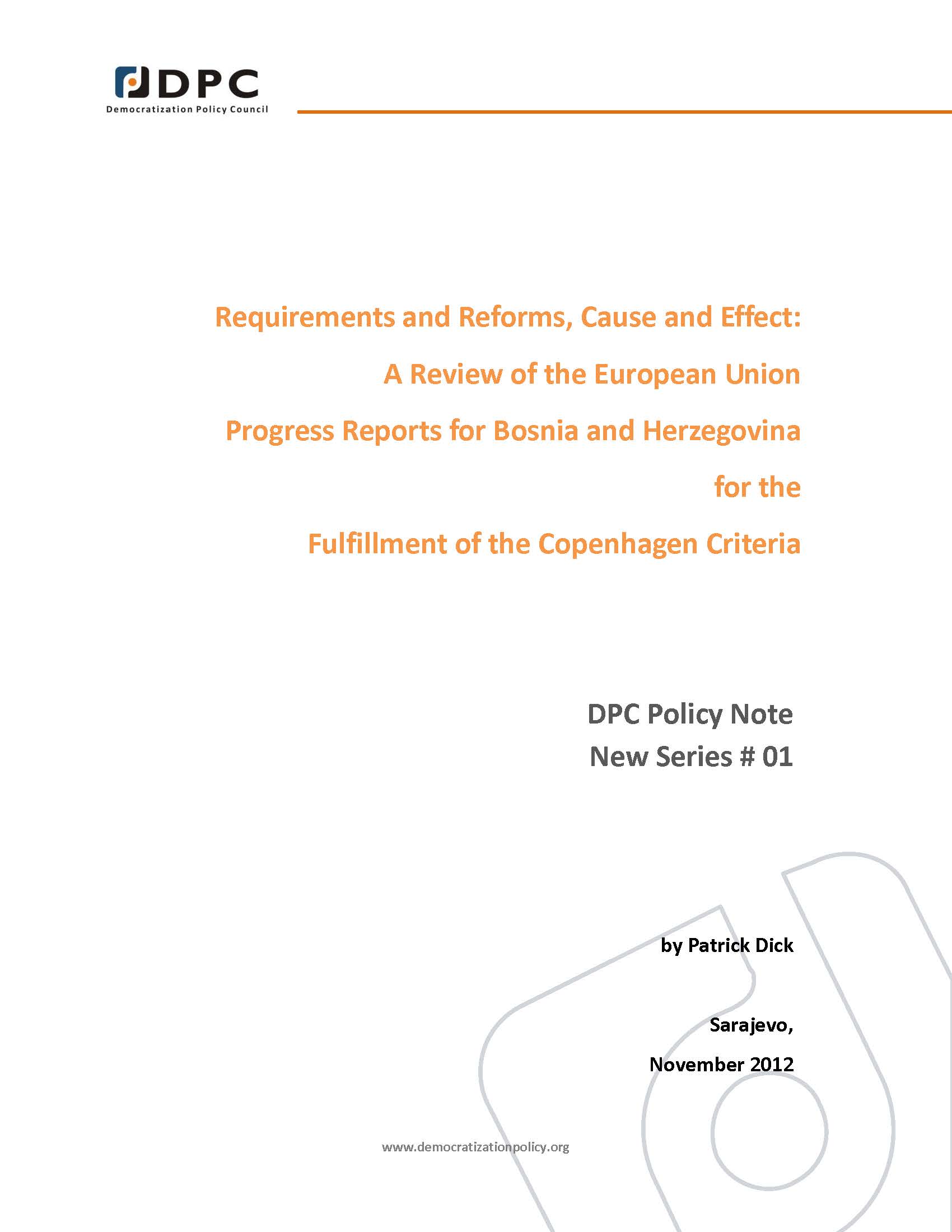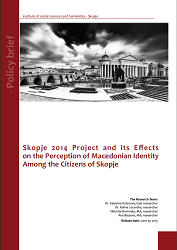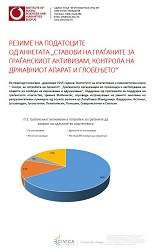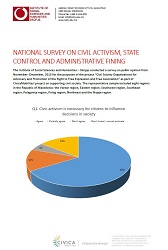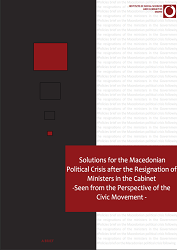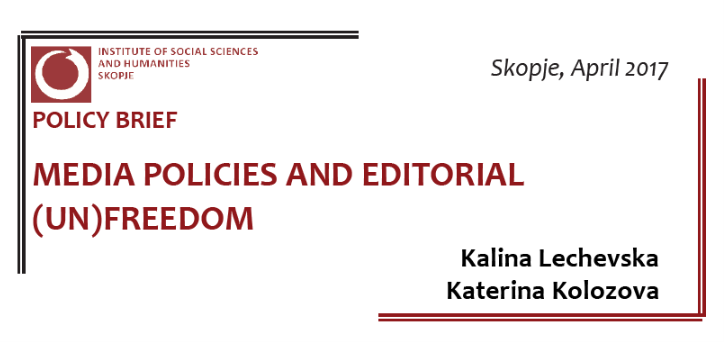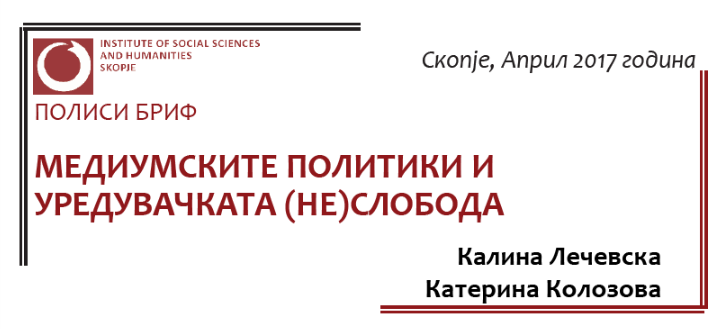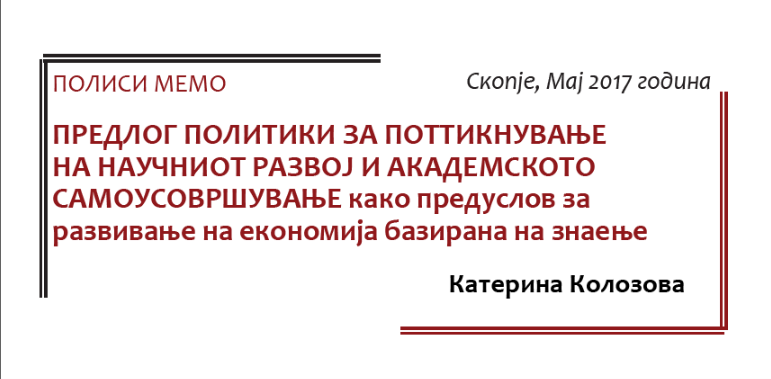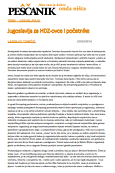Author(s): Patrick Dick / Language(s): English
The purpose of this report is to review the European Union’s (EU) evolving approach to Bosnia and Herzegovina (BiH) in assessing fulfillment of EU membership conditions. In particular, this report is concerned with the following questions: • How have EU requirements for BiH changed over time, if at all?, and; • Have priorities evolved, and, if so, how? The European Commission “has drawn detailed conclusions regarding Bosnia and Herzegovina… based on the technical analysis contained in… the annual EU Progress Reports for accession-bound countries.” These Progress Reports are technical in nature, but are nonetheless collective assessments generated by a committee of diagnostic evaluators. Apart from the political and economic situation, the Progress Reports “review Bosnia and Herzegovina’s capacity to implement European standards, that is, to gradually make legislation in key policy areas more compatible with European legislation and standards”. As such, they are a useful barometer of progress made not only in reform, but also expectations and requirements. They provide a useful annual baseline to consider both the status of the country in question in its reform and accession preparations, as well as the EU’s expectations for the country in question. In an effort to answer the above questions, the author has analyzed the annual EU Progress Reports for Bosnia and Herzegovina from 2005 – 2012. These reports break down EU requirements by topic and sector. They are published with a nearly identical structure year after year, which facilitates comparison. The following five areas are examined: Agriculture, the Constitution, the Judicial System, Education and Minority Rights and Protection. These sections were chosen for their link to constitutional reform issues—specifically those identified as crucial for EU accession (justice, agriculture, constitution)—as well as broader human rights issues related to BiH as a post-war, transition state (education, minority rights). Several preliminary conclusions may be drawn from this exercise. First, there has been a significant shift in the agriculture sector, as the frequency of use of imperative language has plummeted, despite the absence of systematic agricultural reform. Second, though there was a slight rebound in 2012, there was a notable drop in the use of imperative language in 2010 and 2011 on the issue of judicial system reform and constitutional reform in spite of the fact that there has been no systematic reform in these two critical aspects of the rule of law. This is particularly interesting considering that 2010, the year after the failed Butmir peace process, is a down year in general. Third, when compared with the reports issued during Slovakia’s accession process (1998 – 2003), the BiH reports are quite stagnant in terms of their content and the tone of criticism. While this may quite fairly reflect the lack of reform in BiH, the lack of firmer and more frequent imperative language to unequivocally demonstrate the need for reform is evident, particularly since 2010. Additionally, while a thorough analytical overlay of the political situation from 2005 – 2012 on the content and tone of reports is beyond the scope of this exercise, a few signposts provide useful context. The reports are issued in the autumn of each year. Key events to bear in mind when reviewing the reports include: the failure of the “April package” in spring 2006; the domestic “Prud process” from November 2008 – January 2009; the Butmir constitutional reform exercise in late 2009; and the visit of EU foreign policy chief Baroness Catherine Ashton to BiH in May 2011. Finally, regardless of the extent of imperative language used, the progress reports take an increasingly critical tone when discussing most policy areas. This is helpful in identifying the remaining reform obstacles and problems areas. The reduction of imperative language, however, is less easy to explain. In the absence of implemented reform, one would expect the use of imperative language to remain stable at a minimum, if not increase, as the reform environment stagnates or worsens, and as criticism continues or increases. However, the EU has drawn few firm lines in BiH, and local officials with an interest in whittling down EU expectations have, not surprisingly, come to see conditionality as something negotiable.
More...
